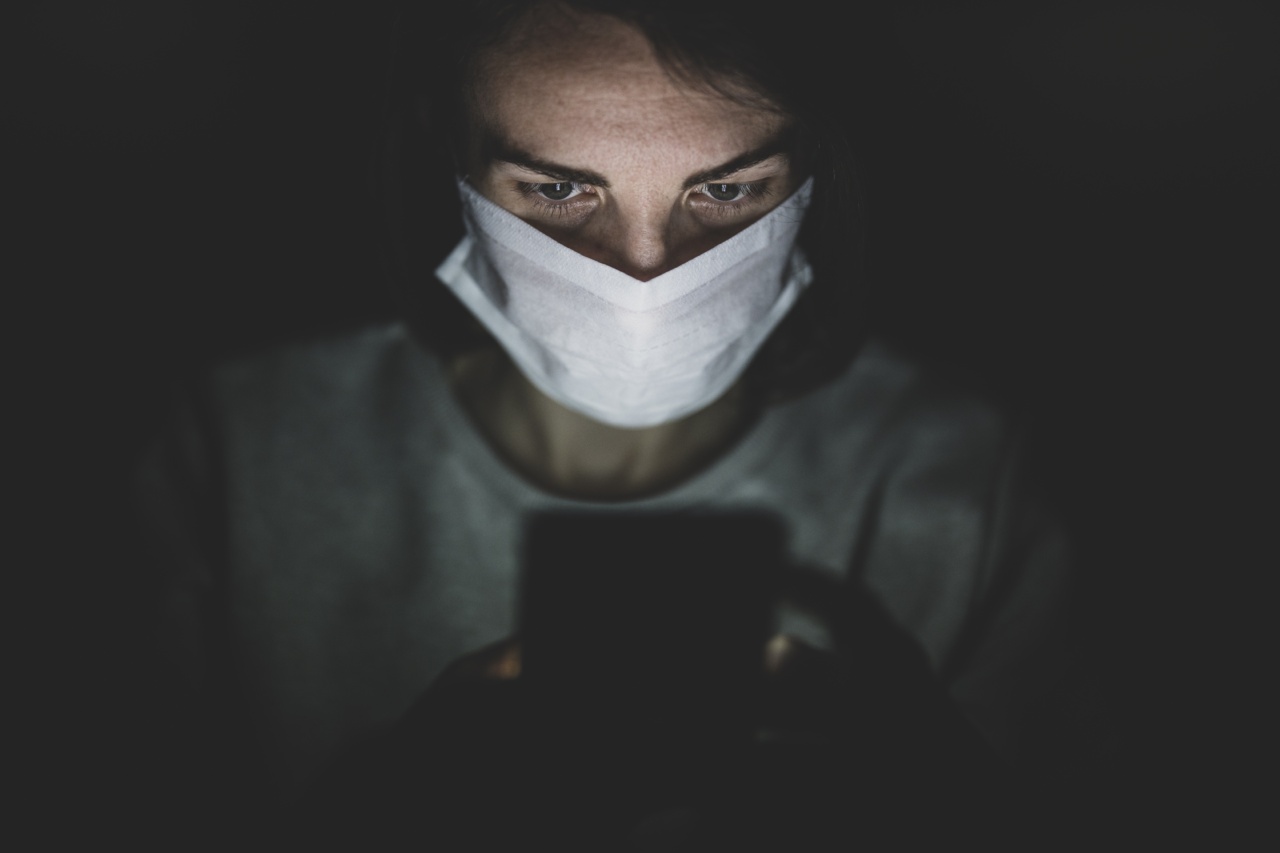Anxiety is a common mental health condition that can be caused by a variety of factors. For some, anxiety can be a result of external triggers such as stress, while for others, it may be caused by an underlying medical condition.
In this article, we will explore the causes of anxiety attacks and how to identify the symptoms.
What Triggers Anxiety Attacks?
There are many different triggers that can cause anxiety attacks. Some of the most common triggers include:.
Stress
Stress is one of the most common triggers of anxiety attacks. When you are under a lot of stress, your body produces cortisol, a hormone that prepares your body to deal with stress. Over time, high levels of cortisol can cause anxiety and panic attacks.
Trauma
If you have experienced a traumatic event in your life, such as an accident or abuse, you may be more prone to anxiety attacks. Trauma can also cause post-traumatic stress disorder (PTSD), which can lead to anxiety and panic attacks.
Genetics
There may be a genetic component to anxiety disorders. If you have a family history of anxiety or other mental health disorders, you may be more likely to develop an anxiety disorder yourself.
Medical Conditions
There are several medical conditions that can cause anxiety attacks, including thyroid disorders, heart disease, and chronic pain. If you have an underlying medical condition, it is important to talk to your doctor about your anxiety symptoms.
Caffeine and Other Stimulants
Caffeine and other stimulants can cause anxiety attacks in some people. If you are prone to anxiety, it is best to limit your intake of caffeine and other stimulants.
Identifying the Symptoms of an Anxiety Attack
While anxiety attacks can vary from person to person, they often include some common symptoms:.
Rapid Heartbeat
During an anxiety attack, your heart may race and feel like it’s pounding out of your chest.
Shortness of Breath
You may feel like you can’t catch your breath, or that you are hyperventilating during an anxiety attack.
Sweating
Many people experience excessive sweating during an anxiety attack, even if the temperature is cool.
Trembling or Shaking
During an anxiety attack, you may experience trembling or shaking in your limbs or other parts of your body.
Nausea
Some people may experience nausea or gastrointestinal distress during an anxiety attack.
Dizziness or Lightheadedness
During an anxiety attack, you may feel dizzy or lightheaded, or like you are going to faint.
Chest Pain or Tightness
Some people experience chest pain or tightness during an anxiety attack. This can be mistaken for a heart attack, so it is important to seek medical attention if you experience chest pain or tightness.
Panic or Fear
During an anxiety attack, you may experience an overwhelming sense of panic or fear.
Feeling of Unreality
Some people experience a feeling of unreality or detachment from their surroundings during an anxiety attack.
Excessive Worrying
People with anxiety disorders often worry excessively about everyday events or situations, which can lead to anxiety attacks.
Conclusion
Anxiety attacks can be caused by a variety of factors, including stress, trauma, genetics, medical conditions, and caffeine or other stimulants.
If you experience symptoms of an anxiety attack, it is important to seek medical attention and talk to your doctor about your symptoms. With the right treatment and support, you can overcome anxiety and live a happy, healthy life.






























